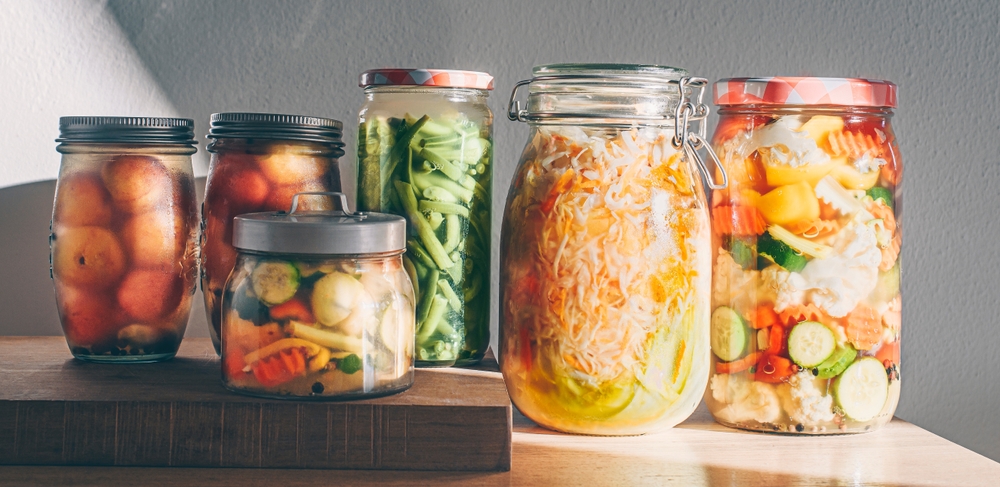Nutrition-focused snack ideas for pre- and post-exercise
Smart snack choices around workouts help fuel performance, support recovery, and maintain resilience. This article presents practical, balanced snack ideas that combine carbohydrates, protein, healthy fats, and hydration strategies, with attention to mobility, posture, circulation, and breathwork to help you move and recover more effectively.

Choosing the right snack before and after exercise improves immediate performance and long-term adaptation. Timing, macronutrient balance, and hydration all matter: a small carbohydrate-focused snack with some protein before activity can sustain energy and strength, while a combined protein-and-carb recovery snack after training supports repair, glycogen restoration, and resilience. Practical options are portable, digestible, and matched to session intensity, whether it’s a short low-impact routine or an extended strength workout.
Nutrition before and after exercise
A pre-exercise snack should focus on easily digestible carbohydrates and a modest amount of protein to maintain blood glucose and support muscle function. Options such as a banana with a tablespoon of nut butter, a small bowl of oatmeal with fruit, or a slice of whole-grain toast with cottage cheese deliver quick energy without heavy digestion. After exercise, prioritize a 3:1 or 4:1 carbohydrate-to-protein balance for most endurance or mixed sessions; examples include Greek yogurt with berries and honey, a smoothie with protein powder and oats, or rice and beans with a lean protein source. These choices help replenish glycogen and provide amino acids for repair, which supports posture and movement quality in subsequent sessions.
Hydration and electrolyte choices
Hydration affects circulation, breathwork, and how well tissues respond to movement. For workouts under an hour, water is usually adequate; for longer or high-sweat sessions, include electrolytes like sodium, potassium, and magnesium. Pairing hydration with snacks can be convenient: coconut water with a piece of fruit, a small sports drink alongside a rice cake with almond butter, or yogurt with a pinch of salt. Electrolyte-rich snacks—such as salted nuts, pickled vegetables in small amounts, or a banana and yogurt—help restore balance and support low-impact recovery and mobility work after training.
Recovery-focused snacks
After exercise, aim for foods that promote muscle repair and reduce inflammation while being easy to digest. Smoothies with a scoop of whey or plant protein, frozen berries, and a handful of spinach provide protein, antioxidants, and carbohydrates in a convenient form. Other options include cottage cheese with pineapple, turkey and fruit skewers, or a small bowl of quinoa with roasted vegetables and beans. Incorporating anti-inflammatory components like tart cherry, walnuts, or ground turmeric can support circulation and reduce post-exertional stiffness, aiding resilience and quicker returns to training.
Snacks that support strength
To support strength development, distribute protein across meals and snacks to ensure sufficient daily intake. Portable, leucine-rich choices help stimulate muscle protein synthesis: hard-boiled eggs with whole-grain crackers, Greek yogurt with a sprinkle of seeds, or a small sandwich with turkey and avocado. Combining these proteins with a modest carbohydrate source ensures amino acids are available and energy stores remain adequate for progressive strength sessions. Pairing snack timing with light mobility sets or breathwork can enhance posture, reduce muscle tension, and lower injury risk over time.
Snacks for mobility and circulation
Improved mobility benefits from nutrients that support blood flow and joint health. Foods containing omega-3s, vitamin C, and dietary nitrates can assist circulation and tissue recovery. Try a smoothie featuring beetroot powder, spinach, and a scoop of protein, or whole-grain crackers topped with smoked salmon and a squeeze of lemon. Snacks like chia pudding with berries or a walnut and orange salad offer anti-inflammatory fats and vitamin C, which may help maintain circulation during low-impact activity and enhance flexibility work.
Snacks to support flexibility, breathwork, and rest
Evening workouts benefit from recovery snacks that support relaxation, repair, and sleep quality. Combinations of complex carbohydrates and small amounts of tryptophan-containing protein may help with restorative processes: oats with milk and banana, yogurt with sliced almonds, or a warm milk-based smoothie with a touch of cinnamon. Magnesium-rich options—pumpkin seeds, spinach, or a small portion of dark chocolate—can complement breathwork and parasympathetic recovery. Prioritize portion control to avoid disrupted sleep while still providing nutrients for overnight repair.
Individual tolerance and session context should guide portion size and composition: what digests well for one person before exercise may feel heavy for another. Experiment with timing (30–90 minutes pre-workout for light snacks, 2–3 hours for larger meals), and keep whole-food choices where practical. Matching snacks with appropriate hydration and recovery practices—mobility work, breathwork, and adequate rest—supports not just acute performance but steady gains in strength, posture, flexibility, and overall resilience.






